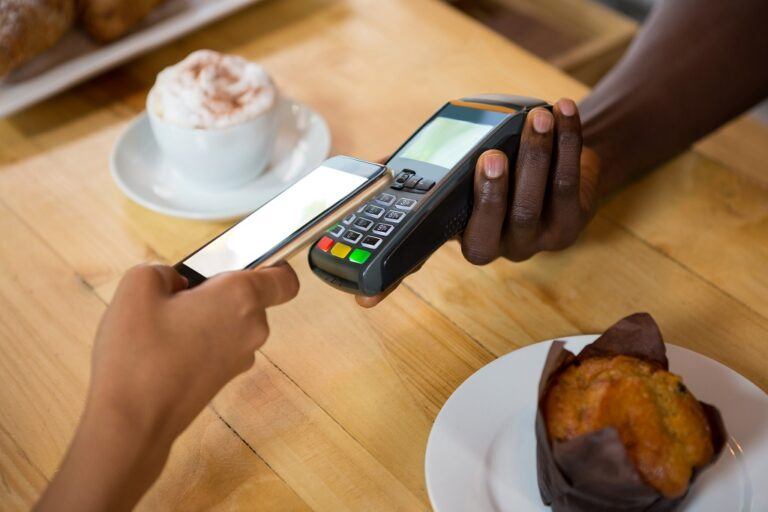Dash Core Group CEO Ryan Taylor has recently claimed Dash, short for digital cash, is growing in Venezuela. So much so that 200 local merchants sign up to accept the cryptocurrency every month, at a rate that’s been growing.
Venezuela has been dealing with one of the deepest recessions ever. The country’s fiat currency, the bolivar, has been losing its value at an astounding pace, as according to Bloomberg’s Café Con Leche Index one cup of coffee costs 2.5 million bolivars, up from 2,000 over the past 12 months.
The country recently re-denominated its currency to tie it to its oil-backed cryptocurrency, the Petro (PTR), which was launched in February of this year as a way for the country to bypass sanctions and draw in foreign investment through a token sale. Earlier this month, Venezuelan leader Nicolás Maduro announced the minimum wage would set to the equivalent of 0.5 Petros, about $30.
Given Maduro’s moves, the BBC reported that Venezuela became a “paralyzed country” as the economic changes confused individuals and businesses who don’t understand how the system works, and are currently facing restricted cash withdrawals.
The turmoil is helping cryptocurrencies like Dash grow in the country. Speaking to Business Insider, Dash Core Group CEO Ryan Taylor stated:
We are seeing tens of thousands of wallet downloads from the country each month. Earlier this year, Venezuela became our No. 2 market, even ahead of China and Russia, which are, of course, huge into cryptocurrency right now.
At press time, Dash is trading at $138 after falling nearly 7% in the last 24-hour period. Its price fell along with that of most other cryptocurrencies, who’ve been enduring a selloff after the US Securities and Exchange Commission (SEC) rejected various Bitcoin ETF proposals.
The Dash Core Group itself is funded by the Dash network, which divides its mining rewards between miners, masternodes, and a “treasury,” a fund created to help the cryptocurrency’s reach and increase adoption. About 10% of fees go to the treasury.
Per Business Insider, the group has invested over $1 million in Venezuela in an attempt to encourage adoption. The funds were reportedly spent in “everything from billboards to sales reps.” As a result, merchant adoption has reportedly been growing, with names like Subway and Calvin Klein embracing the cryptocurrency.
It took them a long time to get the first 50, first 100 [retailers]. But at the beginning of July, the number was around 400, and we’re already at 800. We’re at this point signing up more than 200 a month.
Maduro’s economic plans, he said, only helped accelerate Dash’s growth. Per his words, 94 new Venezuelan merchants were added to a list of worldwide businesses that accept the cryptocurrency this week, up from the usual 50.
Dash’s Features
As CryptoGlobe covered, Dash has recently claimed it’s the most widely adopted cryptocurrency in Venezuela, as it last month touted having over 10,000 users and 500 merchants.
As Taylor put it, accepting credit card payments is counterproductive in Venezuela, as rampant inflation makes the money worth significantly less when the merchant receives it, three days later. This, he added, is a problem Dash solves as it has near-instant transactions.
The cryptocurrency’s transaction fees are relatively low and its network – unlike that of Bitcoin and Ethereum – hasn’t been dealing with a very large number of transactions, meaning fees are somewhat stable and confirmation times fast.
If Dash succeeds in Venezuela, Taylor added, it plans on branching out to countries dealing with high inflation. These include Turkey, whose economic woes may lead to increased crypto adoption, Ukraine and Argentina.
He said:
We’re going to try and be successful first in Venezuela before branching out to try this in other countries.
Notably, the cryptocurrency isn’t as decentralized as Bitcoin to some. Its masternodes are essentially large dash holders that get rewarded for helping maintain the network. These, coupled with a bug-related instamine in its early days, mean some adopters could be making thousands of dollars a day.









